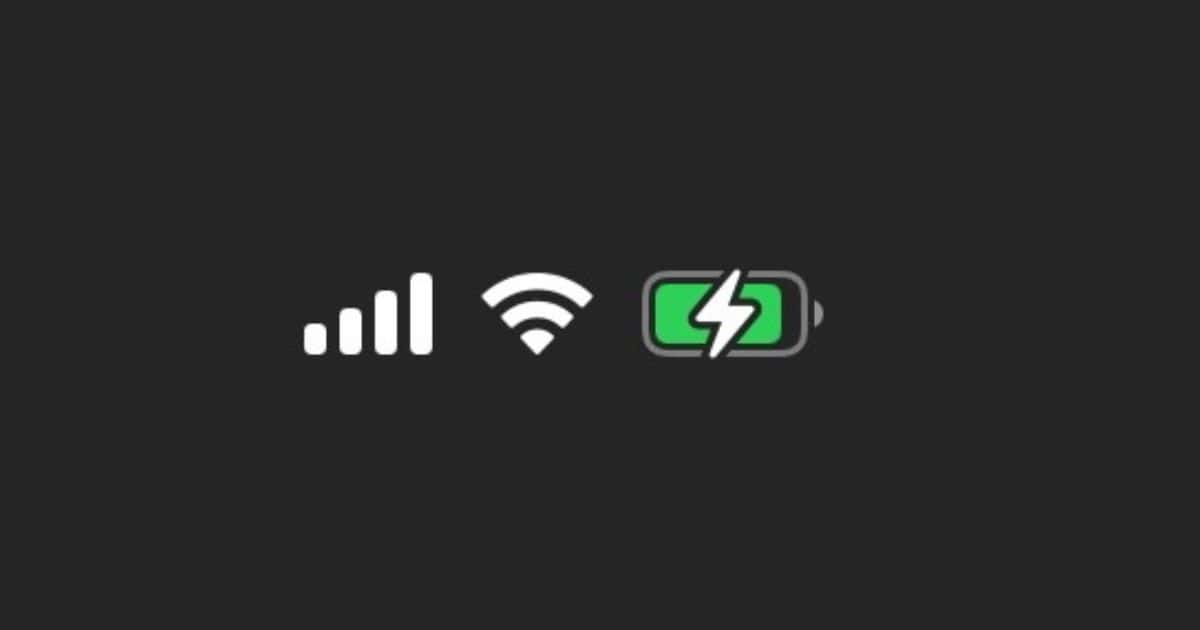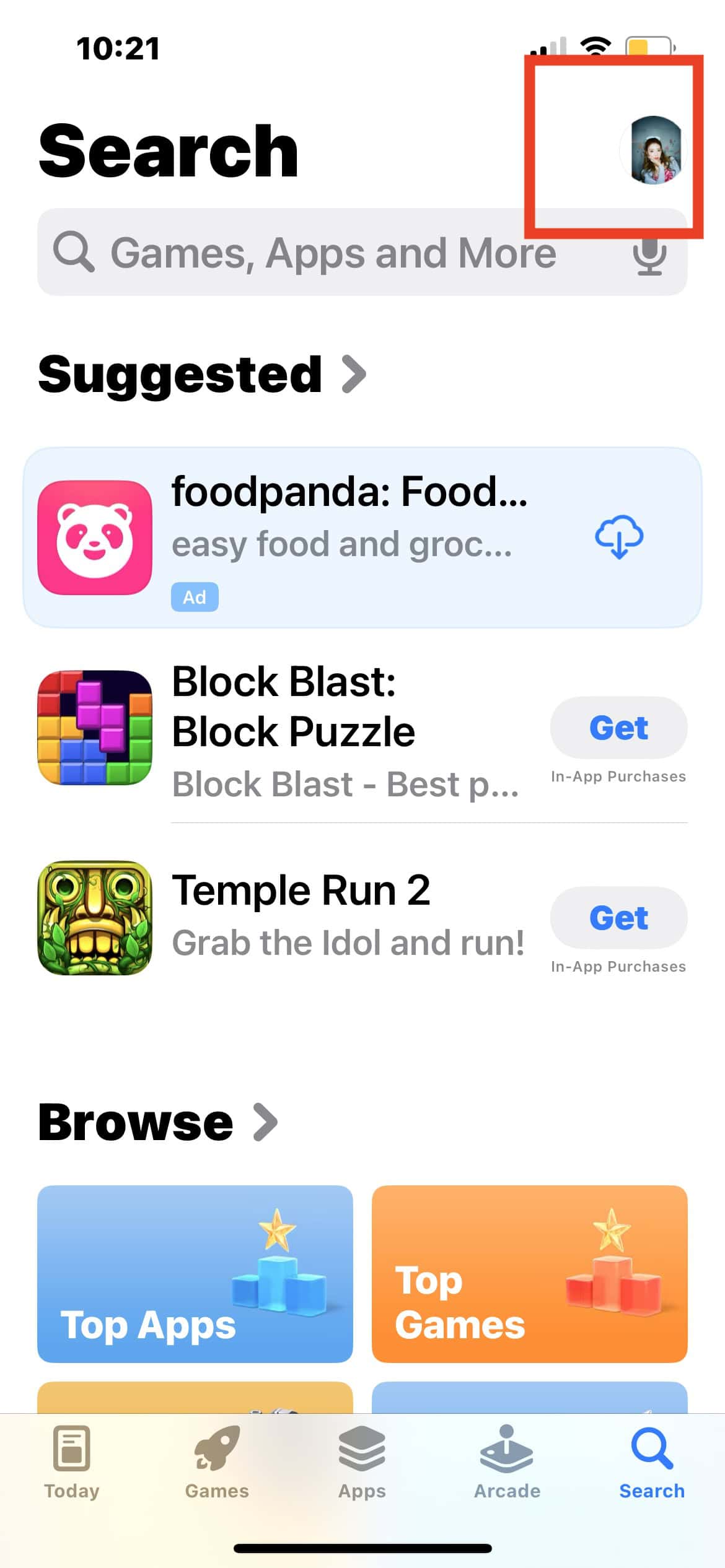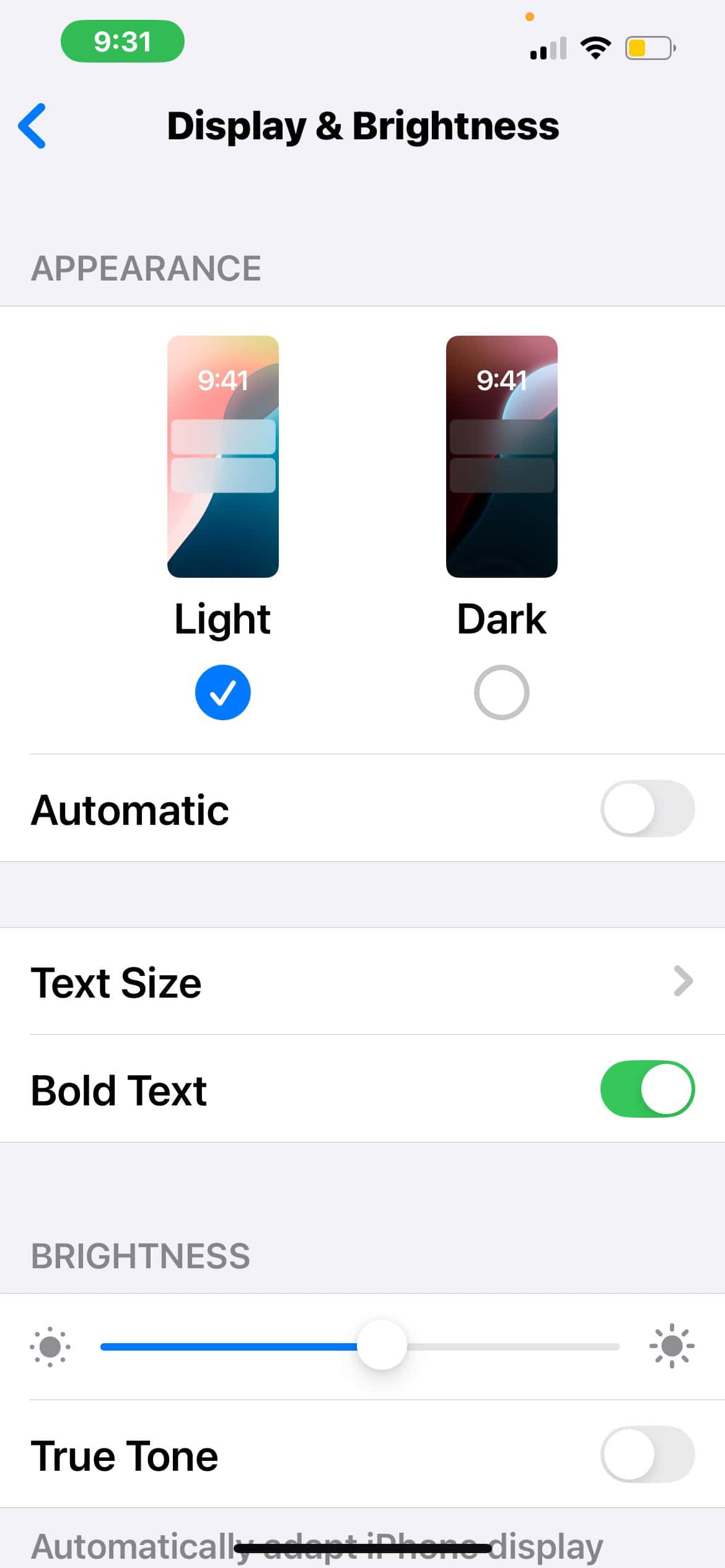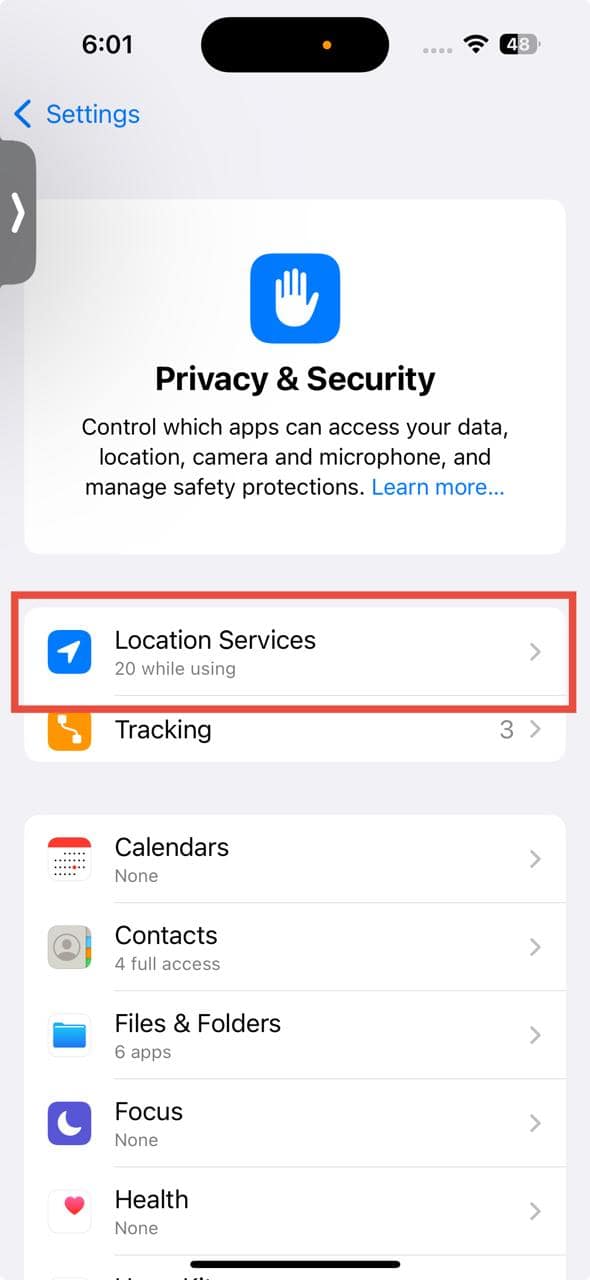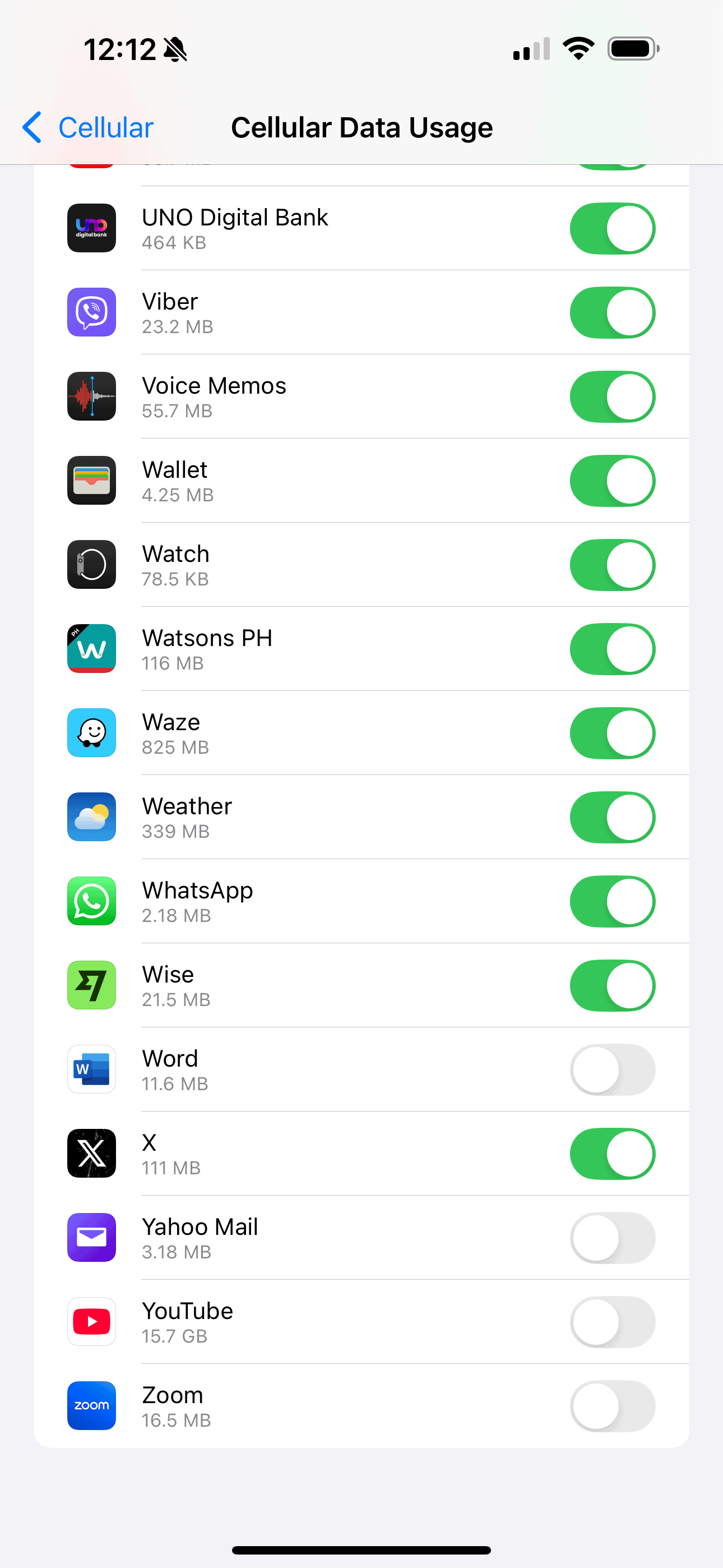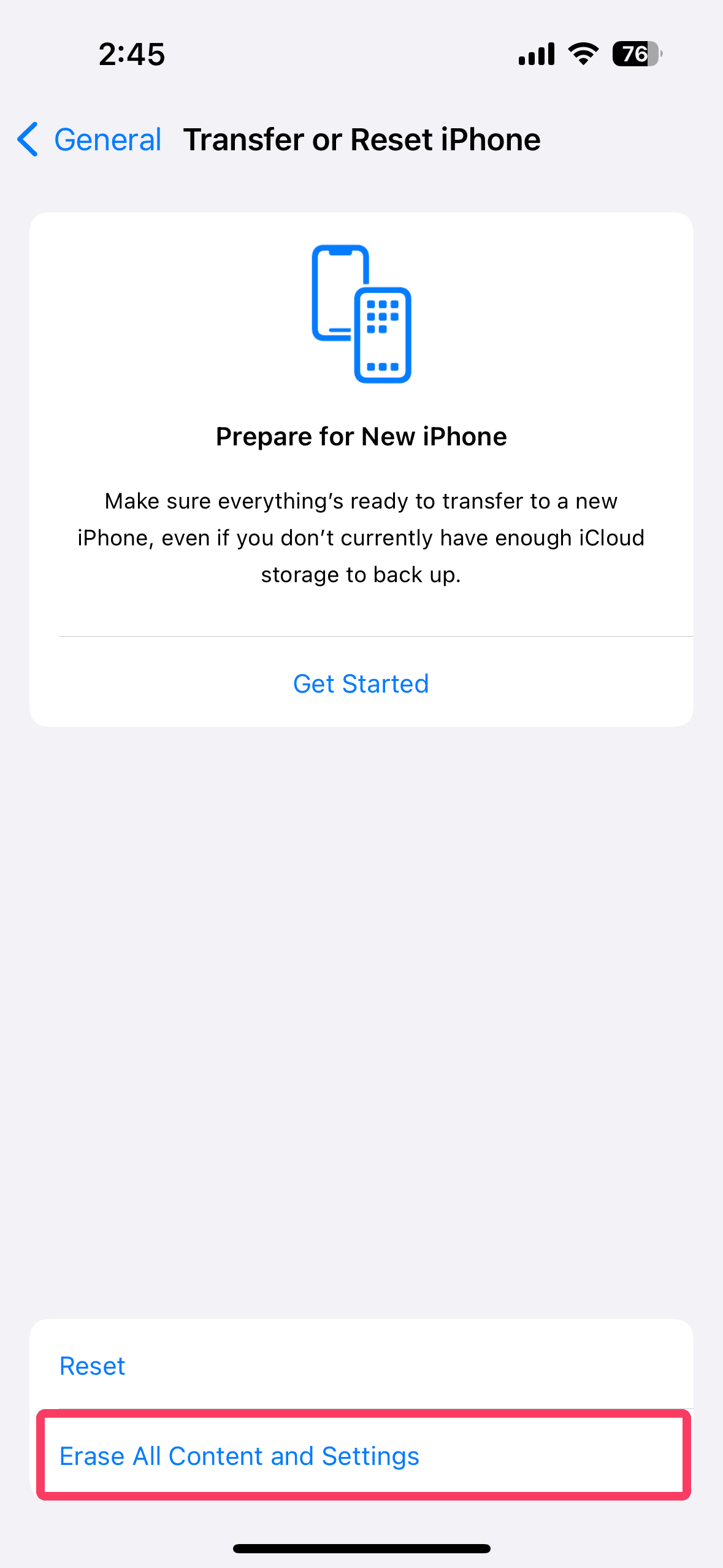The iPhone is notorious for its terrible battery life. Android brands have been poking fun at it for years—Samsung even launched an ad where passengers got stuck charging their Apple devices at an airport. Of course, Apple isn’t happy with this. It aims to break the stereotype with the iPhone 16 Pro, which boasts a battery life of up to 18 hours on a single charge.
But what if it’s still draining fast? Although disappointing, you’re not automatically due for a visit to the Apple Store. Here are some troubleshooting steps you can try first.
What To Do if iPhone 16 Pro Battery Draining Fast
1. Monitor Background Processes
Time needed: 2 minutes
Your iPhone performs multiple background tasks after an update, e.g., indexing files for Spotlight, analyzing photos for object and face detection, and building databases for Siri suggestions. They can drive up battery consumption for several days. Here’s how to optimize these processes:
- Plug your iPhone into a power source.
- Connect to a stable Wi-Fi network to facilitate background tasks.
- Navigate to Settings > Battery.
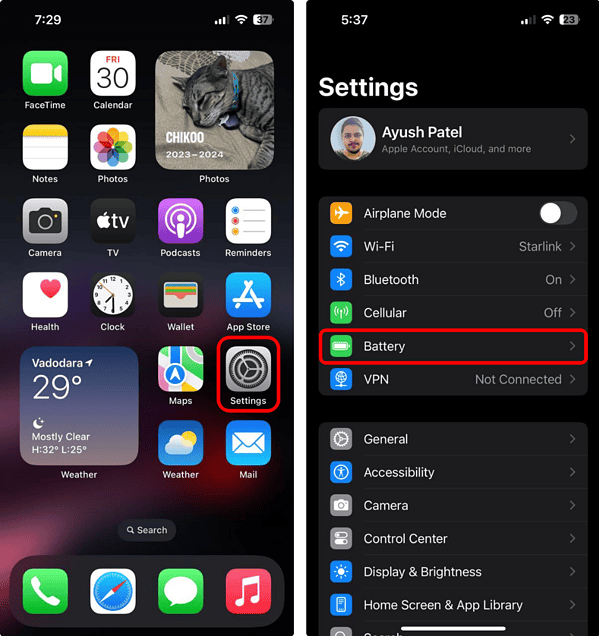
- Review the Battery Usage by App section to identify apps consuming significant power.

- Wait for Background Activities to complete.
- Allow your iPhone to remain idle while connected to power and Wi-Fi.
- These processes may take up to 48 hours to finish, during which increased battery drain is normal.
2. Identify and Update Power-Hungry Apps
Apps that aren’t optimized for the latest iOS version might require more energy than needed to perform basic tasks. Check the App Store for all updates available.
- Open the App Store.
- Tap your Apple ID profile in the top-right corner.
- Scroll down to view the available updates.
- Tap Update All to refresh all apps or update them individually.
3. Adjust Display Settings
The iPhone 16 Pro’s high-refresh-rate display offers an immersive visual experience, but it also consumes more power. Adjust display settings to help conserve battery life.
- Go to Settings > Display & Brightness.
- Lower the brightness slider to a comfortable yet battery-friendly level.
- Scroll down to Auto-Lock and set a shorter duration (e.g., 30 seconds) to turn off the display when not in use.
- Toggle off Always On to prevent the display from staying active when idle.
 NOTE
NOTE
4. Manage Location Services
Turn off Location Services when possible. The GPS chip is one of the most resource-intensive features on your iPhone. Allowing multiple apps to constantly pinpoint your location will drain your battery fast, especially if you’re also using Cellular Data.
- Open Settings > Privacy & Security > Location Services.
- Review App Permissions.
- For each app, select the preferred setting: Never, Ask Next Time, While Using the App, or Always.
- Opt for While Using the App or Never for apps that do not require constant location access.
- Scroll to System Services at the bottom of the page.
- Toggle off services that aren’t essential.
 NOTE
NOTE
5. Turn Off Cellular Data
Cellular Data will drain your battery fast, so switch to Wi-Fi whenever possible. You can also disable it for non-essential apps. Having them constantly sync and fetch background updates requires a lot of power.
- Go to Settings > Cellular.
- Scroll down to Cellular Data and see which apps are using cellular data.
- Toggle off cellular access for apps that don’t need constant connectivity.
- In the Cellular Data section, scroll down to System Services at the bottom.
- Disable accessory options like App Store, Wi-Fi Assist, or Push Notifications if they don’t require cellular access.
6. Factory Reset iPhone
As a last resort, consider a full factory reset. Since you can’t pinpoint the misconfiguration or bug that’s messing up with your battery, revert everything to its default values. Just remember to update your iCloud Backup beforehand. You’ll need it during the setup process, or else you’ll lose your data for good.
- Go to Settings > General > Transfer or Reset iPhone.
- Tap Erase All Content and Settings.
- Select Continue to confirm the action and wait for your iPhone to restart.
- Set up your Apple ID account again.
Call Apple Support if issues persist. Apple’s One (1) Year Limited Warranty covers manufacturing defects, so you might not have to pay anything for a battery replacement. Look up your iPhone’s warranty status beforehand.
